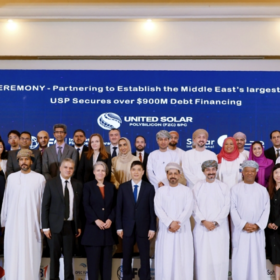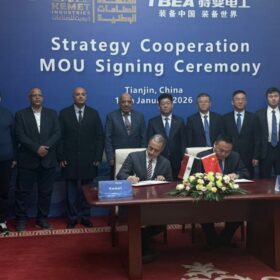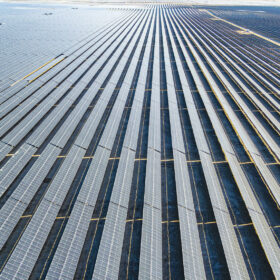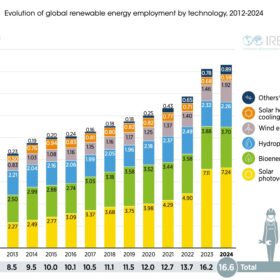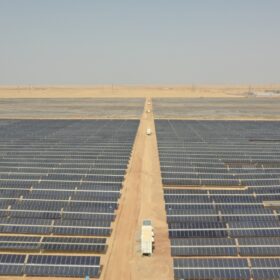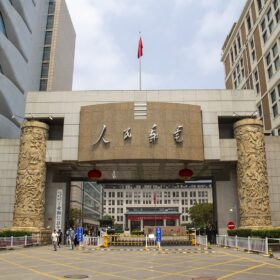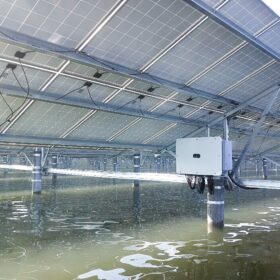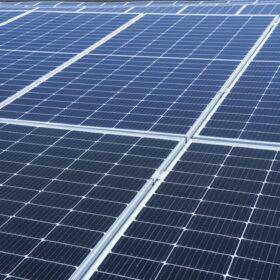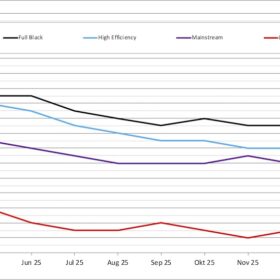Omani polysilicon factory reaches financial close
United Solar Holding has secured more than $900 million to complete the financing required for its 100,000 MT polysilicon manufacturing facility in Oman. Production is expected to begin during the first quarter of this year.
EU to ban Chinese inverters? – Commission proposal in Cybersecurity mulls ‘high-risk vendors-list’
The European Commission is revising its Cybersecurity Act. While presenting the proposals in European Parliament, the commission’s Executive Vice-President for Tech Sovereignty, Security and Democracy, Henna Virkkunen, said dependency on a very limited number of solar inverter suppliers could “pose a significant security risk.”
GCL, Cornex, TBEA to build solar manufacturing complex in Egypt
Egypt’s Kemet has signed three agreements with Chinese companies over the last week, covering plans for a 5 GW solar cell complex, a 5 GWh battery energy storage factory and Egypt’s first solar inverter factory.
Green bonds totaling $870 million issued for 2 GW solar project in UAE
Joint owners of the 2 GW Al Dhafra solar power plant Abu Dhabi National Energy Company, Abu Dhabi Future Energy Company, EDF Power Solutions and Jinko Power, alongside offtaker Emirates Water and Electricity Company, have issued the green bonds to refinance the plant’s existing debt obligations and support its continued operation.
Solar accounted for 7.24 million jobs in 2024
The International Renewable Energy Agency’s annual review into employment finds solar held over 43% of global jobs in the renewable energy sector in 2024.
Scatec secures PPA for Africa’s largest solar-plus-storage project
Scatec has inked a 25-year power purchase agreement in Egypt for a 1.95 GW solar, 3.9 GWh battery energy storage project, representing the developer’s largest investment to date.
Saudi Arabia reveals qualified bidders for 3.1 GW solar auction
Saudi Power Procurement Co. (SPPC) has announced the qualified developers for the seventh round of Saudi Arabia’s renewable energy tender program, featuring four solar projects with a combined capacity of 3.1 GW.
China strengthens intellectual property protection in solar industry
Chinese authorities are planning to implement a series of policy measures to introduce stronger intellectual property protection to the country’s photovoltaic sector. Chinese enterprises are being encouraged to accelerate technological advancements and reserve basic patents for developing technologies.
Huawei, Sungrow lead Wood Mackenzie’s inverter market ranking
Wood Mackenzie’s first-half 2025 solar inverter ranking finds the top 10 leading inverter manufacturers have a 71% global market share.
UK research calls for robust approach to rooftop solar fire safety
Research commissioned by the UK government finds rooftop solar panels can significantly influence fire behavior, particularly when the height gap between modules and the roof surface falls below critical limits.
